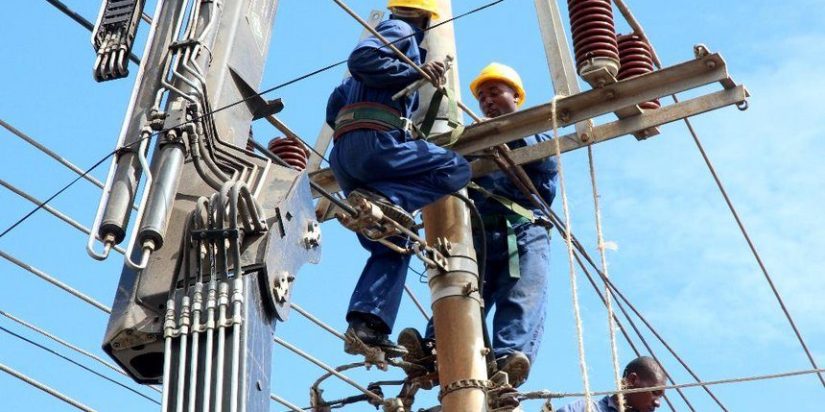
Explainer Briefly Slides Hindustan Unilever Limited argues that telecom companies need to have safeguards in place for any AI systems they use in spam detection. Responding to the Telecom Regulatory Authority of India’s (TRAI) consultation paper reviewing spam regulations, HUL says that globally AI has made errors when implemented for identification purposes. It suggests that telcos should put any AI-based spam systems they implement through extensive testing.
Telcos should also make sure these AI systems have guardrails in place to prevent any bias or discrimination. “Such measures become important if AI systems are to identify, detect, and prevent spam since any error in identification of spam would result in unnecessary restrictions being imposed on bonafide senders of commercial communication,” HUL argues. HUL said this in response to TRAI’s consultation paper on Telecom Commercial Communications Customer Preference Regulations, 2018 (TCCPR).
TRAI is considering updating these regulations and instructing telcos to take more proactive measures to catch suspected spammers. Key points from HUL’s submission: TRAI needs to factor in the fact that businesses collect user consent for promotional communication on their websites, Hindustan Unilever (HUL) says. In its consultation paper, TRAI suggests that companies should only send promotional calls/messages to those users who have explicitly consented to this via telecom companies’ Digital Consent Acquisition (DCA) facility.
“This would restrict the choice of the consumers even when they have willingly provided their consent to receive promotional communication from a specific company by opting in on the latter’s website,” HUL’s submission to TRAI says. It argues that TRAI should respect users’ choices and therefore not restrict consent to the DCA facility. HUL mentions that today multiple companies (including e-commerce platforms) authenticate customer accounts via OTPs.
This prevents bad actors from wrongfully accessing customer accounts, it explains. The company says that TRAI should not ask businesses to provide opt-out mechanism for transactional messages. It argues that transactional messages (like OTPs) are important for customers to get secured access to their accounts on online platforms and even for undertaking bank transactions.
If a customer does end up accidentally opting out, they could lose access to services. Further, users can’t opt-in again for 90 days. HUL suggests that TRAI should shorten the opt in period to ensure that customers don’t end up missing out on service access for a prolonged period.
HUL also brings up the Digital Personal Data Protection Act (DPDP), 2023 , which also requires businesses to seek consent from people before processing their data. It mentions that the act doesn’t restrict businesses from seeking consent through a specific mode. As such, to prevent different regulatory frameworks from creating confusion, TRAI should either harmonize their approach with the DPDP Act or consider leaving consent management entirely to the DPDP Act.
Under the current complaint management system, telecom companies can close customer complaints of spam if user reports the spam call/message three days after the spammer contacted them. HUL argues that this is far too short a period, and urges the regulator to extend it to seven days instead. It mentions that a delay in spam reporting does not cause any harm, instead, there is a chance that it would enable more customers to report spammers to their respective telcos.
The consultation paper mentions that telcos should take feedback from customers whenever a suspected spammer (someone making more than 50 calls a day or sending more than 50 SMSes) contacts them. Telcos have to collect this feedback from at least 5% of the customers getting calls/messages from suspected spammers. HUL points out that unsolicited communication (spam) under TCCCPR is not restricted to only promotional calls and messages but also commercial communication that businesses carry out after specific consent from customers.
As such, it suggests that after collecting customer feedback, telcos should validate if businesses contacted people who had opted out of receiving commercial messaging/calls via TRAI’s Do Not Disturb (DND) app. Under TCCCPR telcos have to create honeypots to attract spammers and collect information about them. In the consultation paper, TRAI suggests that telcos should treat businesses contacting honeypots as spammers, and report these spammers to the telecom provider providing services to the spammer.
The spammer’s telco then has to suspend this business’ outgoing services and initiate an investigation into the business. HUL argues that to follow the natural principle of justice, telcos should provide businesses with the opportunity to be heard before suspending their outgoing services. Also read:.














